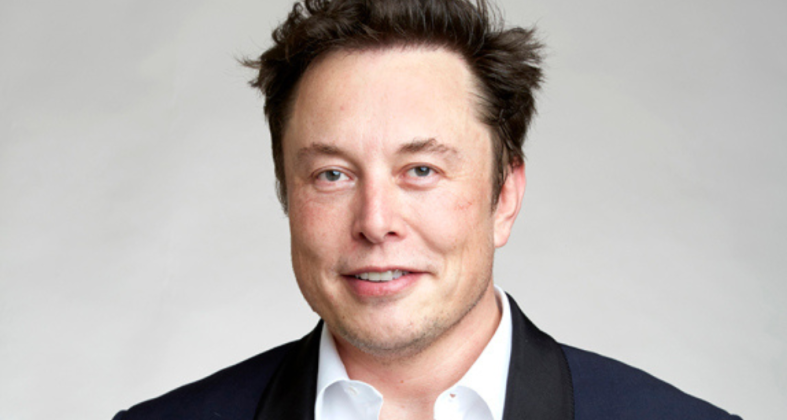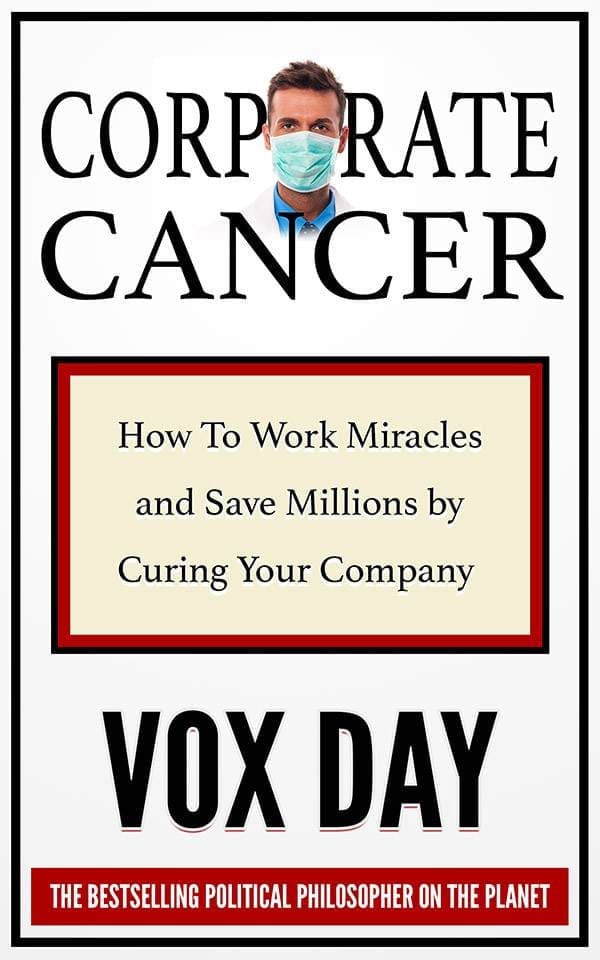
Elon Musk warned in a tweet on X that Amazon Studios’ newly introduced We Power initiative, touted as a beacon of inclusive storytelling, is killing creativity with its draconian DEI restrictions. This meticulously crafted set of guidelines, under the guise of diversity, equity, and inclusion (DEI), has set off alarm bells due to its effective suffocation of creative expression and artistic freedom.
This comes in the wake of Elon Musk exposing the internal Disney DEI memo. At the core of the uproar lies a fundamental disconnect between the architects of Amazon’s We Power regulations and the intricacies of storytelling. Shockingly, the brainchild behind these directives lacks any substantive experience within the entertainment industry, having previously toiled away in the human resources department of Caterpillar trucks. This revelation alone casts a pall of doubt over the credibility and authenticity of Amazon’s We Power guidelines, raising pertinent questions about the qualifications and insight of those dictating the future of creative endeavours. It is understandable why Elon Musk is not impressed.
The implications of Amazon’s We Power guidelines are far-reaching and deeply concerning. By imposing rigid constraints on the portrayal of characters and narratives, Amazon Studios are relegating storytelling to a bland, formulaic exercise devoid of nuance and complexity. Creativity thrives on pushing boundaries, challenging conventions, and exploring the uncharted territories of the human experience. Yet, Amazon’s We Power guidelines seem intent on sanitising storytelling, reducing it to a checklist of politically correct tropes and stereotypes as pointed out by YouTuber Film Threat in the video linked in Elon Musk’s tweet:
RELATED: Elon Musk Declares All-Out War On Disney Calling Company “Institutionalized Racism And Sexism”
Amazon’s We Power guidelines’ overbearing emphasis on avoiding stereotypes and promoting inclusivity comes at a steep cost—the erosion of artistic freedom. In their quest for representation, the architects of these rules seem to have overlooked the inherent messiness and complexity of human existence. Characters are not mere check-boxes to be filled; they are vessels through which profound truths and universal themes are explored. By tethering creators to a rigid set of guidelines, Amazon Studios risks suffocating the very essence of storytelling—the freedom to explore, experiment, and express.
Amazon’s guidelines’ treatment of marginalised communities reeks of paternalism and condescension. By dictating how characters from underrepresented backgrounds should be portrayed, these guidelines strip agency from creators and perpetuate a reductive and homogenised view of diversity. Rather than fostering authentic representation, they risk reducing diverse characters to mere tokens, devoid of agency, depth, and individuality.
Moreover, the guidelines’ insistence on consulting with members of marginalised communities further exacerbates the problem. While consultation could provide insights, it runs the risk of tokenism and pandering. Creativity thrives on authenticity and sincerity, not on performative gestures aimed at appeasing vocal minorities. By prioritising consultation over artistic vision, Amazon Studios risks stifling genuine creativity and innovation, relegating creators to mere mouthpieces for predetermined narratives.
The entertainment industry is about to pay the price of convergence, as best selling political philosopher Vox Day warned in his book Corporate cancer.

RELATED: BREAKING: Gina Carano Intends To Sue Disney And Lucasfilm For Wrongful Termination
In essence, Amazon Studios’ We Power initiative is a dangerous precedent—a capitulation to the forces of political correctness and corporate conformity at the expense of artistic integrity and creative freedom. Rather than fostering a vibrant ecosystem of storytelling, these guidelines threaten to homogenize narratives, stifle dissent, and perpetuate a sanitized, sanitized, and sanitized version of reality. The entertainment industry should heed Vox Day’s warning in his book Corporate Cancer, and resist sacrificing creativity on the altar of political correctness. The future of storytelling depends on it.
What do you think of Elon Musk standing against Amazon and DEI? Leave a comment and let us know.

It’s official, Jennifer Salke is the new Joesph Stalin.